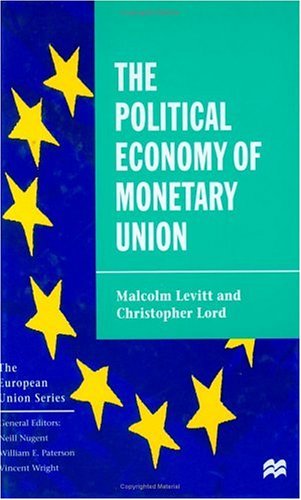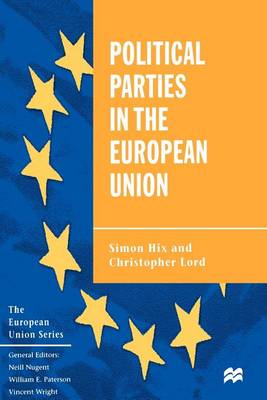European Union (Hardcover Adult)
2 total works
Taking a broad, interdisciplinary approach, Malcolm Levitt and Christopher Lord provide a systematic assessment of the inextricably linked politics and economics of monetary union. The authors first look at the historical and conceptual background and the evolution of thinking on the single currency from the Maastricht model, through the decisions on membership and establishment of the Central Bank, to the introduction of the Euro. They then proceed to assess the organisational and policy implications of EMU and its significance within the general processes of European integration.
Political Parties in the European Union provides a comprehensive assessment of the importance of party politics to the functioning of the European Union which the authors argue has frequently been underestimated. Incorporating much new research material it covers not only the transnational party groups in the European Parliament but also the participants in the European Council and Council of Ministers who, the authors remind us, are not just representatives of 'national interests' but also party politicians.

